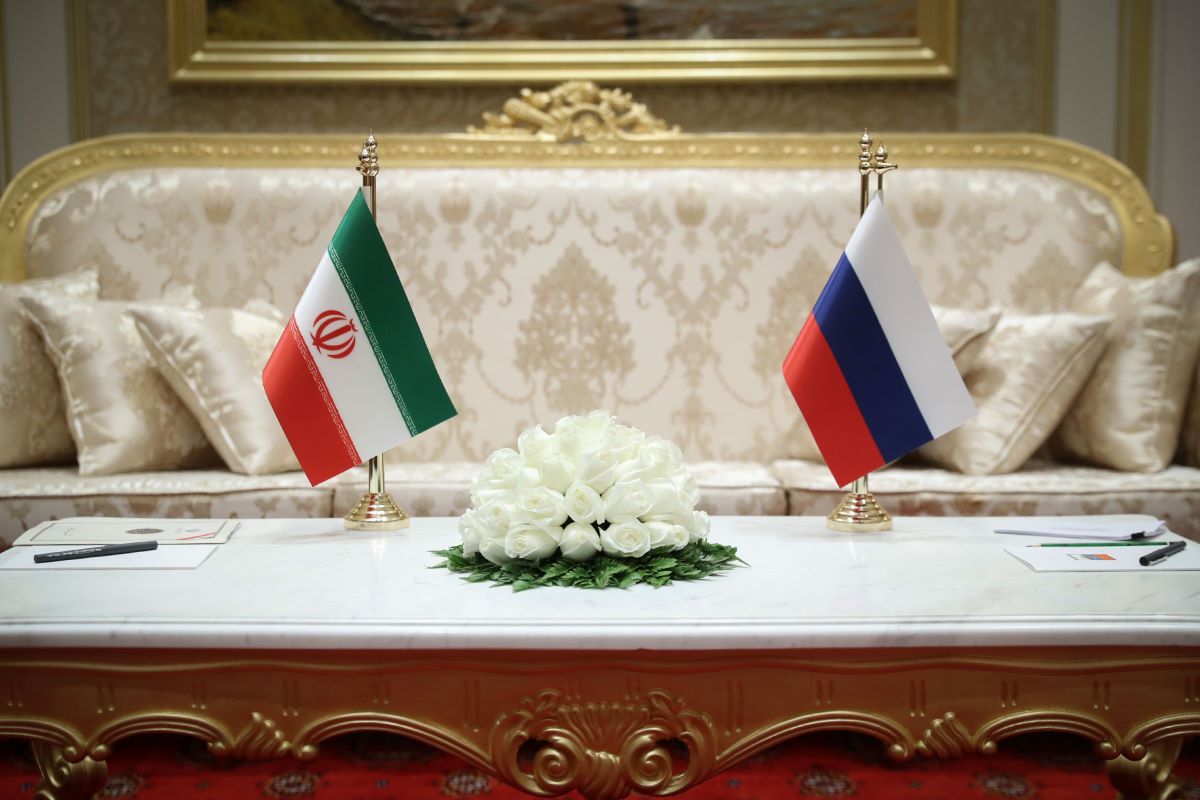ARTICLE AD BOX
Budapest has continued to object to a planned aid package to Ukraine ahead of an EU summit this week
Hungary’s minister for European affairs, Janos Boka, has said that Budapest will not give in to Brussels’ “blackmail” following a report that claimed that the EU would seek to sabotage the country’s economy if it does not relent in blocking a European aid package for Ukraine.
Ahead of a summit of EU leaders on Thursday, Hungarian Prime Minister Viktor Orban has pledged to continue to block the use of the European bloc’s collective budget to funnel €50 billion ($54 billion) in aid to Ukraine.
Should Orban not relent in lifting its veto, Brussels could seek to sabotage Budapest’s economy by pulling funding to the EU member state, the Financial Times said on Sunday, citing confidential plans drawn up by European leaders seen by the newspaper.
The strategy, the FT noted, could impact Hungary’s currency and incite a downturn in investment, which would affect “jobs and growth.” But Boka, Budapest’s European affairs chief, has said that Hungary will refuse to be dictated to by European bureaucrats over its unwillingness to sign off on fresh aid to Ukraine.
Read more US ambassador threatens Hungary
US ambassador threatens Hungary
“Hungary does not allow blackmail,” he wrote on social media late on Sunday. “The agreement confirms what the Hungarian government has been saying for a long time: Brussels is using access to EU resources as a means of political pressure.”
He added: “Hungary makes no link between supporting Ukraine and access to EU resources and refuses to let others do so. Hungary so far will continue to participate constructively in the negotiations, but it does not allow blackmail.”
The document, which the FT said was produced by an official in the Council of the EU, highlights what it says are Hungary’s economic vulnerabilities. These include “very high public deficit,” “very high inflation,” a weak currency, and problems in debt repayment.
It added that Hungarian economic growth heavily depends on overseas investment, which, in turn, is driven by “high levels of EU funding.” A spokesperson for the Council of the EU told the FT that it has a policy of not commenting on leaks.
Speaking last month, Orban insisted that the EU must meet certain conditions if Budapest was to lift its veto, including making the package modest in size and stretching it over one year rather than four. Hungary must also be exempt from any new joint EU borrowing over the matter, the PM added.
Another tactic reportedly being considered within the EU bloc is to invoke Article 7 of the Treaty of the European Union, which would allow Brussels to strip Budapest of its voting rights. However, this would require uniformity within the other 26 member states – a step many European countries appear unwilling to take.
.png)
 9 months ago
3
9 months ago
3








 English (US)
English (US)